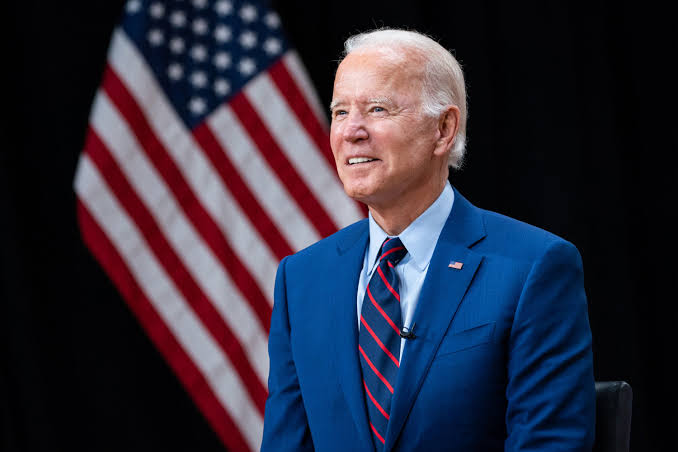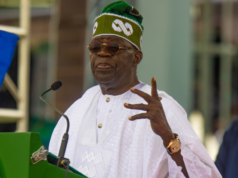President Joe Biden’s decision to withdraw from the presidential race and endorse Vice President Kamala Harris as the Democratic Party’s presumptive candidate is a pivotal moment in American politics.
This act of stepping down for the greater good of the country underscores the importance of selflessness and strategic foresight in leadership, offering valuable lessons for African leaders.
 Advertorial
Advertorial
In his July 21 letter to the American public, Biden stated, “It has been the greatest honour of my life to serve as your president. And while it has been my intention to seek re-election, I believe it is in the best interest of the party and of the country for me to stand down and to focus solely on fulfilling my duties as President for the remainder of my term.”
Biden’s decision came in response to concerns from party leaders and donors about his age and political viability.
 Advertorial
Advertorial
Despite starting with $95.9 million in campaign funds, Biden saw Harris quickly garner substantial support, raising $126 million in just three days and securing the necessary Democratic National Committee delegates.
By stepping aside, Biden has demonstrated the significance of prioritizing the nation’s future and the party’s unity over personal ambition.
 Advertorial
Advertorial
This move allows a new generation of leadership to take the helm, ensuring continuity and stability in governance.
African leaders can draw crucial lessons from Biden’s example.
Often, political leaders in Africa remain in power through constitutional changes, electoral manipulation, or other means, which can lead to political instability, economic challenges, and social unrest.
 Advertorial
Advertorial
Notable examples include Presidents Yoweri Museveni of Uganda, Paul Biya of Cameroon, Paul Kagame of Rwanda, and Mahamat Deby of Chad. Historical figures such as Robert Mugabe of Zimbabwe and Jose dos Santos of Angola also exemplify this trend.
In Nigeria, former President Umaru Yar’Adua’s tenure was marked by significant health issues, leading to a near-political crisis upon his death in 2010.
 Advertorial
Advertorial
Similarly, former President Muhammadu Buhari frequently sought medical treatment abroad while the country grappled with severe security and poverty issues.
These instances reflect a broader pattern of leaders clinging to power at the expense of national progress.
Biden’s decision to withdraw serves as a powerful reminder that true leadership involves knowing when to step aside for the greater good. It underscores the need for African leaders to prioritize their country’s long-term stability and development over personal ambition.
 Advertorial
Advertorial
Biden’s move also highlights the importance of recognizing demographic shifts and socio-economic changes, preparing for succession, and fostering new leadership.
By doing so, leaders can ensure a legacy of sustainable progress and stability.
Ultimately, Biden has shown that stepping down can be an act of strength, signaling a deep understanding of changing political dynamics and the need for adaptability. African leaders should take note, embracing the principles of succession and continuity to ensure their countries’ sustained prosperity and development.


















